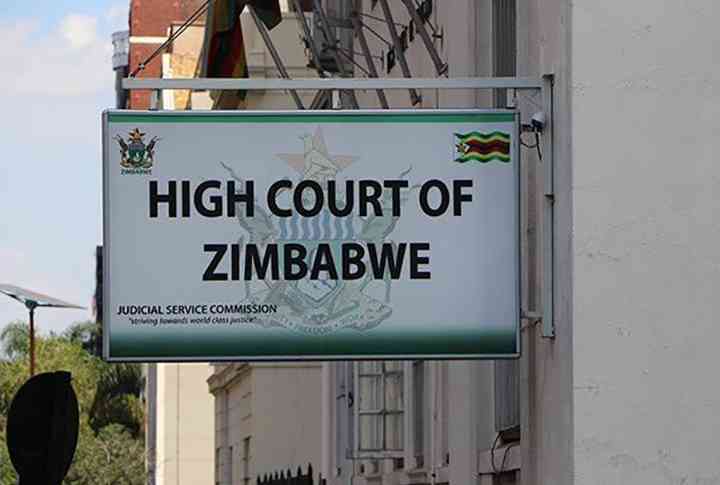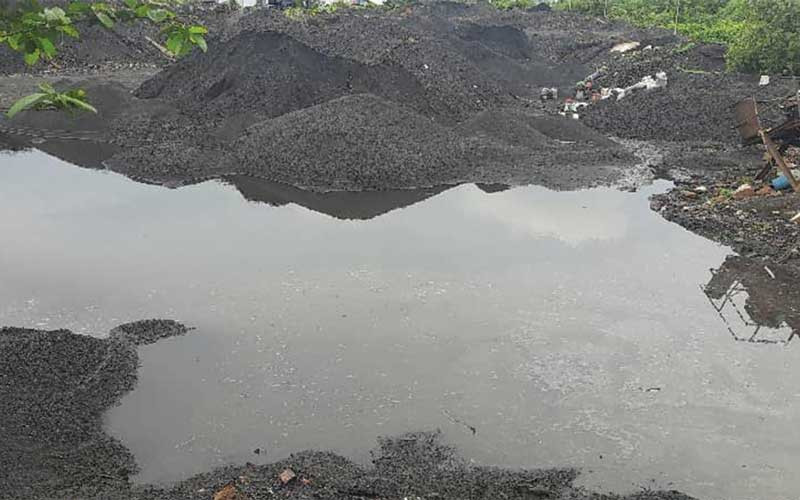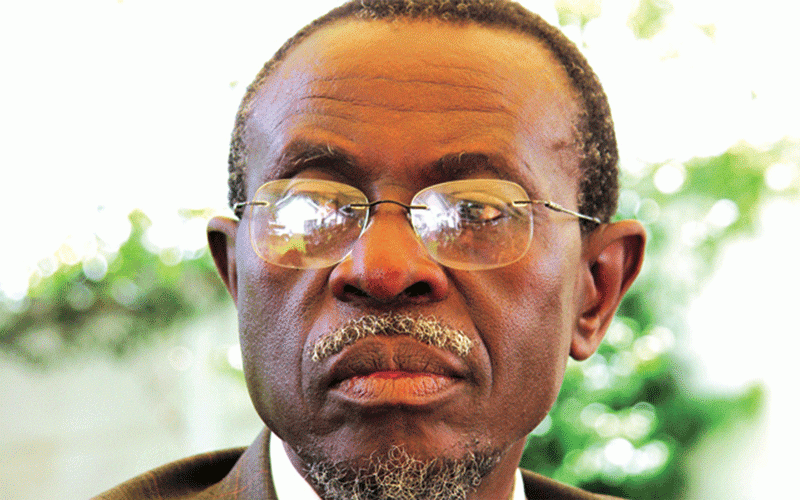
THE High Court in Harare has struck off the roll an application by the National Prosecution Authority of Zimbabwe (NPAZ) to stop the disposal of property that it says was acquired by proceeds of fraud.
The Prosecutor-General had cited Brian Tendai Kashaya, Culver City Incorporated (Pvt) Limited and Christian By Mansa Musa (Pvt) Limited as respondents in the application.
The Prosecutor-General filed a chamber application for an anti-dissipation interdict in which it wanted the respondents restrained from disposing of certain assets that it believes were acquired illegally.
The application was made in terms of section 40 of the Money Laundering and Proceeds of Crime Act.
The Prosecutor-General wanted the respondents to be stopped from disposing of three clinic tanker trailers, three Argosy Freightliner horses and a Toyota Fortuner.
However, High Court judge Justice Siyabona Musithu said the affidavit filed by Chief Public Prosecutor Clemence Chimbari lacked proof that he had been authorised to depose on behalf of the Prosecutor-General.
The judge also said some foreign documents attached to the application were not authenticated and, therefore, inadmissible in terms of the rules of court.
The court also noted that it was irregular to seek to place evidence before the court in the form of a statement by one Emmanuel Manyika, which was not made under oath and infringed Rule 241 of the High Court rules, as read with section 45(1) of the Civil Evidence Act.
- Mavhunga puts DeMbare into Chibuku quarterfinals
- Bulls to charge into Zimbabwe gold stocks
- Ndiraya concerned as goals dry up
- Letters: How solar power is transforming African farms
Keep Reading
“Financial documents would be admissible if they satisfy the requirements of s40(1) and (3) above. The court must be satisfied that the document originated from the financial institution concerned.
“The court must also be satisfied that the document is, indeed, a true copy of what it purports to be. That certification would have to be made through an affidavit confirming the source of the document from the financial institution concerned. No such verification was done herein,” Justice Musithu ruled.
“The documents under the B series are all photocopies. Their authenticity therefore becomes doubtful making them inadmissible in the absence of any further evidence confirming their authenticity.
“There is clearly a disparity between the founding affidavit and the supporting affidavit of Mutipforo which distorts the foundation of the application.”
Justice Musithu also ruled that the discordance between the two affidavits left the court unsure as to what status of the first respondent was making the application bad at law.
“It is in view of the foregoing observations that the court determines that there is no proper application before the court. In light of that finding, it becomes unnecessary to traverse the merits of the case,” the judge said.
In his application, Chimbari indicated that he was approached by the police’s Commercial Crimes Division on January 23, 2020 requesting the placement of an interdict on the property listed.
According to court documents sometime in May 2019, Manyika, the informant, entered into contractual arrangement with a businesswoman identified as Shaillon Chiswa.
Chiswa reportedly misrepresented to Manyika that there were some company shares that she had disposed of together with a colleague in the United States and she needed a bank account through which she would receive her money.
Manyika identified his colleague, Carl Burwell, to provide a bank account in the name of Wells Cargo for that purpose.
On June 4, 2019, US$650 000 was deposited in the account and Manyika instructed Burwell to transfer US$500 000 into a bank account in Botswana.
Manyika reportedly ordered the transfer of US$300 000 to his business colleague in Mauritius, who required United States dollars in exchange for ZAR4 590 000 to be paid in South Africa into an account held by Chromium Trading.
Manyika was employed by that entity as a procurement officer since 2009.
On June 13, 2019, Chromium Trading approved the transfer of ZAR980 000 to Pomona Trucks bank account at Standard Bank of South Africa, ZAR468 925,43 to Bedvest McCathy Toyota Midrand’s account, ZAR2 107 500 to Trailer Link t/a Status Truck Sales’ First National Bank account for fuel tankers.
Two separate transfers of ZAR973 574,57 and ZAR255 426 were made by Manyika at Chiswa’s instance to Geofrey Sutherns lawyers.
On June 21, 2019, Manyika was advised by Burwell that the sum of US$650 000 deposited in his bank account and paid out as set out was proceeds of fraud.
The said account has since been frozen and Wells Cargo’s bank recalled the money.
Manyika instructed DBF Capital to reimburse US$500 000 to Wells Cargo.
However, Chiswa reportedly never paid back the money and it was stated that part of the money was used to acquire the vehicles listed above.
The vehicles were registered in Zimbabwe and under the respondents.
Investigations by ZRP established that Kashaya was a co-director and 100% shareholder of Culver City together with one Jerry Hondoma, who is a director of Christian By Mansa Musa.
It was in view of the investigations that the Prosecutor-General had reasonable suspicion that the said property was tainted as it constituted proceeds of crime.
Chimbari’s affidavit was supported by the affidavit of former ZRP Chief Superintendent Josephat Mutipforo, who submitted that he knew Kashaya as the chief executive at Kashaya Transport.
He submitted that Kashaya was under investigation for money-laundering, allegations that he bought trucks from proceeds of fraud.










